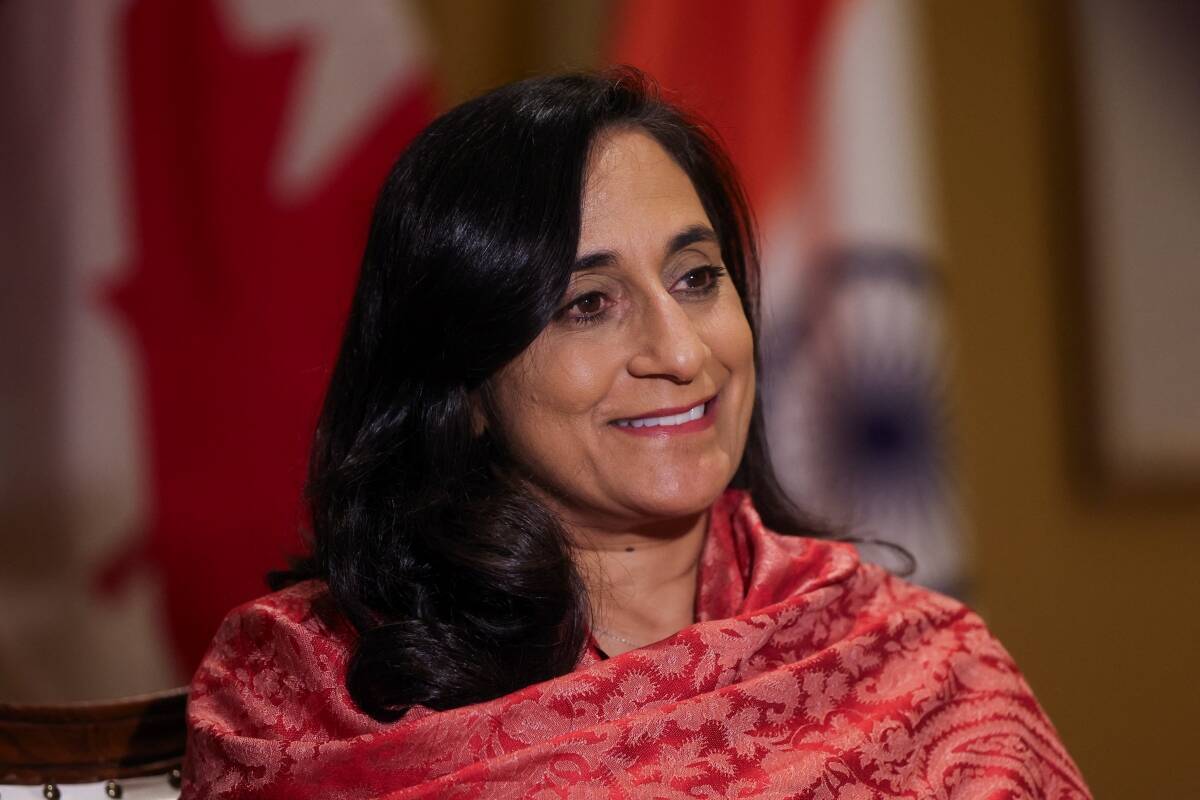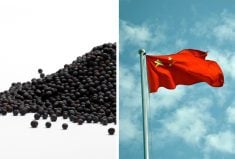PORTLAND (Reuters) — Activists seeking a tighter rein on genetically modified foods said on Thursday they planned to push ahead with a signature-gathering campaign to force a measure onto the ballot in left-leaning Oregon to require labelling on such products.
Oregon Right to Know said it was gathering signatures to get its measure on the November ballot as the fight over genetically modified food heats up in Oregon, where voters in one county will decide next week whether to ban modified plants entirely.
“It’s going to be a major effort,” said Sandeep Kaushik, spokesman for campaign organizer Oregon Right to Know. “We believe that people have a right to know what’s in the food they eat and feed their family.”
Read Also

Canada and China discuss disputes over canola and EVs, says Ottawa
Senior Canadian and Chinese officials discussed bilateral trade disputes involving canola and electric vehicles on Friday, Ottawa said, but gave no indication of any immediate breakthrough.
The group needs 87,213 signatures by July 3 to get its measure on the ballot, which if it passes would require labelling of products containing genetically modified ingredients, aimed at making them resistant to disease and insects, to begin in January 2016.
Consumer groups and lawmakers supporting mandatory labelling say there are concerns about the safety and the environmental impacts of genetically engineered crops, and labels would help consumers distinguish products containing GMOs so they can avoid them if they wish.
The consumer sentiment has pushed a growing number of U.S. food companies to start using non-genetically modified ingredients for their products because of the consumer backlash against GMOs. Vermont earlier this month became the first state to mandate GMO labelling.
But the move away from GMOs has upset the food and agriculture industries, including makers of genetically modified corn, soybeans, canola and other crops widely used in packaged foods. They say their products are safe, and that mandatory labels will confuse consumers and increase costs.
The Oregon labelling campaign also comes as one rural farming community in southern Oregon is due to decide during a primary ballot next Tuesday whether to ban genetically engineered plants altogether.
Katie Fast, vice president of public policy for the Oregon Farm Bureau, said her organization was opposed to both a GMO ban as well as local or state labelling requirements, although it supports a national effort for voluntary labelling.
Patrick McCormick, who worked as a spokesman in opposition to a 2002 Oregon campaign to require GMO labelling, said labelling opponents would likely focus in part on potential cost burdens, but also cast doubt on the benefit of such a requirement.
“In the end, they don’t provide meaningful information to the consumers on the product,” he said.














